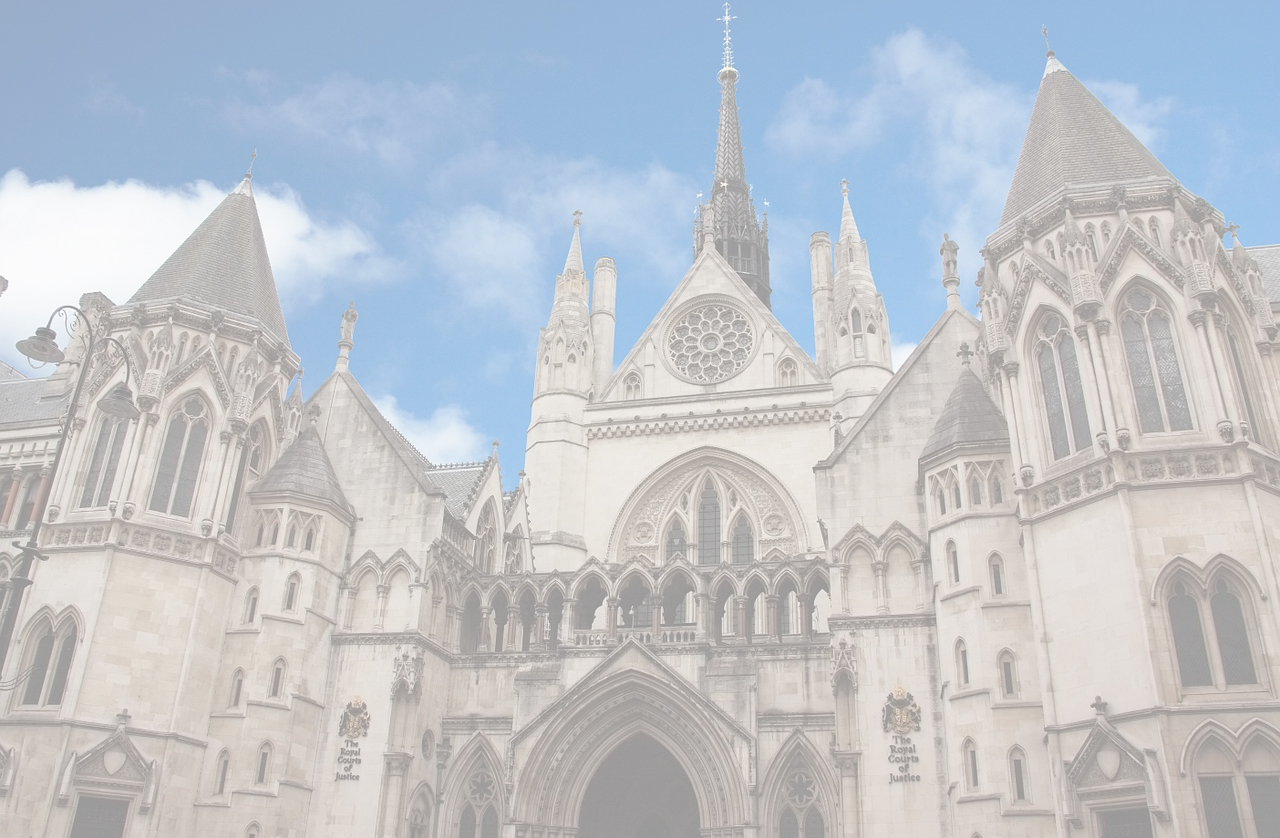
Should the Parole Board be considered a court? If so, what are the consequences of this when considering whether or not to grant a costs order against the Parole Board?
September 26, 2020
Long Read: How much longer are our constitutional rights safe? A discussion of the review into judicial review
September 28, 2020In this article, Anu Radha Lal interviews Mark Robinson, a consultant solicitor and a police station representative. He shares his interesting journey into law and how he used his unique selling point to stand out.
Hi Mark! Your career has been thoroughly interesting. As I understand, you were a Radio 1Xtra DJ. How did you get into law?
I was arrested. My wife’s ex-partner made a false allegation of assault against me. The case went to Woolwich Crown Court and I represented myself. I was unanimously acquitted on my second trial. After I cross examined the complainant on the first trial, the prosecutor took off his wig and put it on my head and told me I needed to train as an advocate.
At the time, I didn’t even know the difference between a lawyer, solicitor and barrister. But I was interested in the legal system, so the solicitor’s firm who represented me during my trial agreed to take me on as a police station representative. I started my law degree with Birkbeck University at age 40 and was *this* much away from obtaining a First Class Honours. My university paid for half of my LPC fees and I started my training contract in my second year of university. I stumbled into this world and never envisioned this for myself.
So, you are a Consultant Solicitor and a Police Station Representative. What does this mean?
Just like a barrister, I take instructions from different solicitors and appear in the Magistrates and Youth Courts for various hearings including trials. My training contract finished at the end of November and I decided to go freelance. As a consultant solicitor, I bring the cases in and I receive a substantial fee. I used to work for a youth organisation so much of my work comes from there.
My imminent hope is to transition to the Bar. My ultimate desire is to set up my own consultancy firm alongside my practice in chambers where I can provide access to opportunities. As there is a lot of case work, I will use that as a chance to bring in students to work on the cases. Even if I am a barrister, I will have people who have not yet got a pupillage or training contract to work on some of these cases and get stuck in and have a chance to come to court with me.
What change would you propose to encourage access to legal opportunities?
I’m tired of seeing the same old, same old. I want to see change. In my experience, solicitors have seemed to have cracked it with diversity – there are all manner of people there. Why can’t the Bar be like that.
I have a controversial view. If there were more unfunded pupillages, maybe there would be a greater opportunity to succeed as a practising barrister. The Inns of Court are there to support its members. They could give a bursary for the students who don’t have the finances to support their pupillage. It could be that the members who are practising barristers pay a small additional fee to form the funds for this bursary. With COVID-19, I think that the Gateway will have even fewer pupillages available. If pupillages were unfunded, this would not be an issue.
There should be no barrister who would mind paying a few hundred pounds to provide bursaries to those student members who have been offered pupillages if we are all truly behind diversity, inclusion and the Black Lives Matter movement that many chambers have taken an interest in.
What advice would you give to other career changers transitioning into a legal career?
I would say that everything is transferable. Whatever career you had, there is some element of law involved, so use that. If you worked in recruitment, think about the employment law that regulated your work. As a BBC Radio 1Xtra DJ, I have a unique selling point, so find yours. My dysfunctional background and upbringing tell me I should be the client (and I once was the client…). But I am not ashamed of who I am or where I come from. When I’m not wearing a suit and tie, you would never think I’m a lawyer, so embrace who you are.





